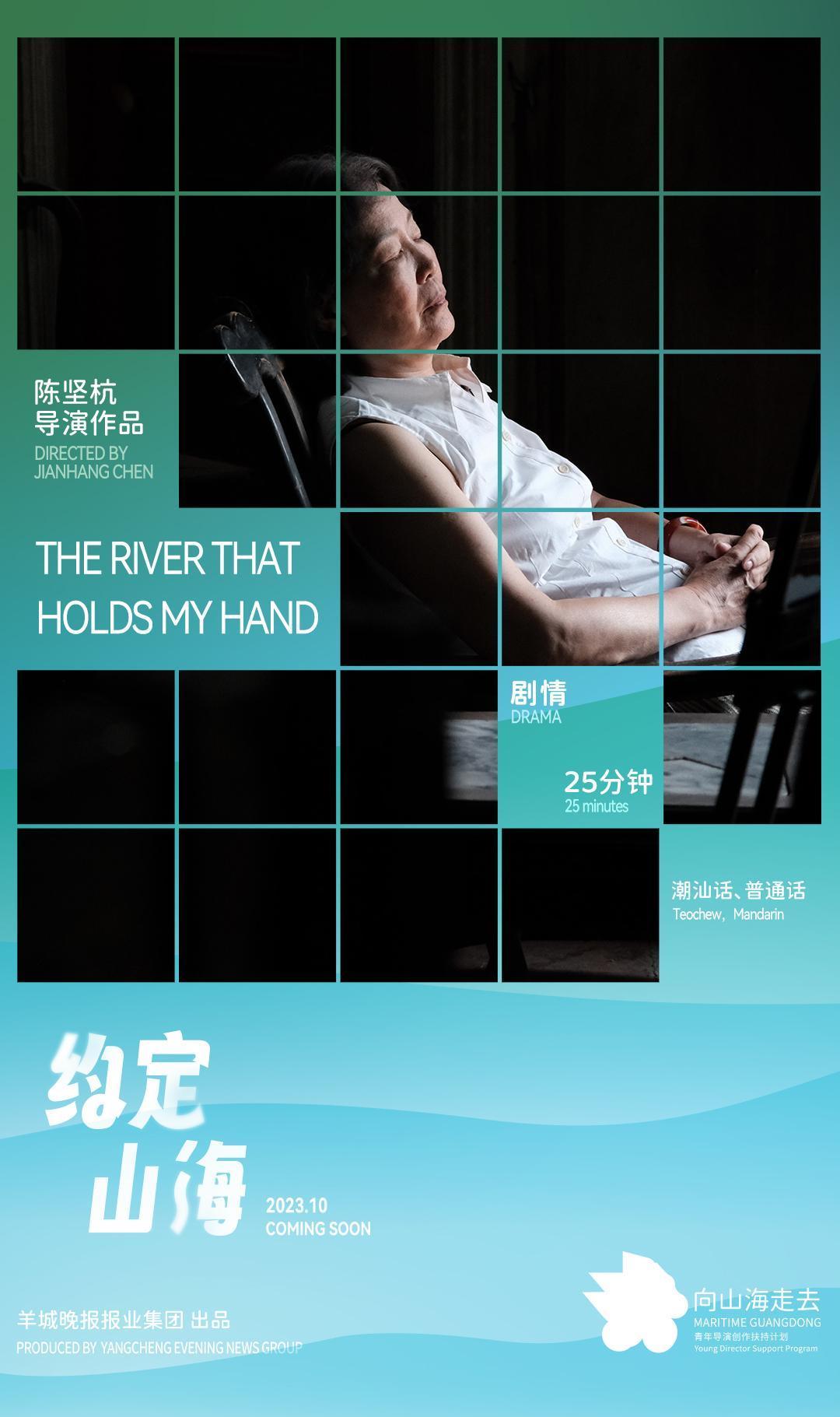The River that Holds My Hand
Directed by Chen Jianhang
Location: Chaozhou, Guangdong and Vietnam
Director's Notes:
These days, I've been observing the scenery on the streets of Sai Kung Town where colors of walls, the roar of motorcycles, the smell of unknown herbs, and the mix of various languages like Vietnamese, Chaozhou, Cantonese, and English create a tapestry of multiple realities. Centuries of turmoil and ethnic migration are all etched in architecture, language, memory, and storytelling. I eagerly anticipate the upcoming filming.
We rented a motorcycle and drove six hours to Can Tho, another former settlement for the Chaozhou people, where we happened upon a ritual for Guan Di's birthday managed by the Chaozhou people at the Gai Leng Guan Di Temple. The familiar song "You Have To Fight To Win (Ai Pin Cai Hui Ying)" flowed from the speakers. The president of a compatriot association, who hadn't seen fellow villagers from our hometown for a long time, warmly welcomed us. A friend doing anthropological fieldwork said that the translated version of the song in the local Vietnamese dialect is called "People from Chaozhou".
On the day we left Vietnam, our streak of good luck continued as it happened to be the fifteenth day of the lunar month. Chaozhou pastry shops and kopi stalls were teeming with activity, offering free vegetarian meals to those passing by. Buddhist temples along the streets had already set up their banquet tables. We encountered a beggar monk an hour before we left and another one an hour later in a different neighborhood. It felt like scenes from Tsai Ming-liang's films "Walker" or "Journey to the West". In the park, I witnessed two elders playing and singing songs. I recorded three of their performance, which may have been the first footage captured on film. The streets of Sai Kung Town were brimming with cinematic vibes.
As we were leaving, the melody of "Ri Jiu Ta Xiang Shi Gu Xiang" (Time turns a foreign land into a hometown) by Lin Shengxiang echoed in my mind. It's a song about a Vietnamese bride:
In the expanse of heavens and earth, the Pacific Ocean knows no bounds.
Pondering left and pondering right, where is the path of life?
Across the vast sky and the sprawling land, I find solace in Taiwan's embrace.
Beneath the moonlit glow, my heart beats restlessly, for home awaits in the distant space.

《The River that Holds My Hand》
陈坚杭 导演作品
【拍摄地】广东潮州、越南
【导演手记】
这几天我在西贡的街头看景,墙面不同的色彩,呼啸的机车,数种叫不出名的香草,越南话、潮州话、粤语、英语,真是多重现实的交织。几个世纪动荡的层叠、族群的迁徙,印刻在建筑上、在语言中、在记忆里、在故事的讲述中。我对即将到来的拍摄感到兴奋。
租了机车,我们驱车六小时来到另一座曾经的潮州人聚居地——芹苴,偶遇了潮州人做理事的丐冷关帝庙正在举办关帝诞宴席,久未见故乡来的同胞的会长对我们热情款待。音响中传来熟悉的《爱拼才会赢》,同做人类学田野的朋友说这首歌用当地越南话翻译过来就叫《来自潮州的人》。
离开越南这天延续了之前的好运气,刚好碰上十五。潮州饼家和kopi店忙忙碌碌,斋饭放在门口由路人免费领取,街边佛堂早早地摆起宴席。在一小时前遇到的化缘僧侣,一小时后又在另一个街区遇到,像极了蔡明亮的《行者》或《西游》。我在公园看景,遇到两位伯伯在弹唱,厚着脸皮录下三首歌,这可能是片子拍下的第一个镜头。西贡的街头真是电影感满满。
离开时脑中不知怎的响起林生祥《日久他乡是故乡》这首唱越南新娘的曲子:
天皇皇,地皇皇,无边无际太平洋
左思想,右思量,出路在何方
天茫茫,地茫茫,无亲无故靠台郎
月光光,心慌慌,故乡在远方
